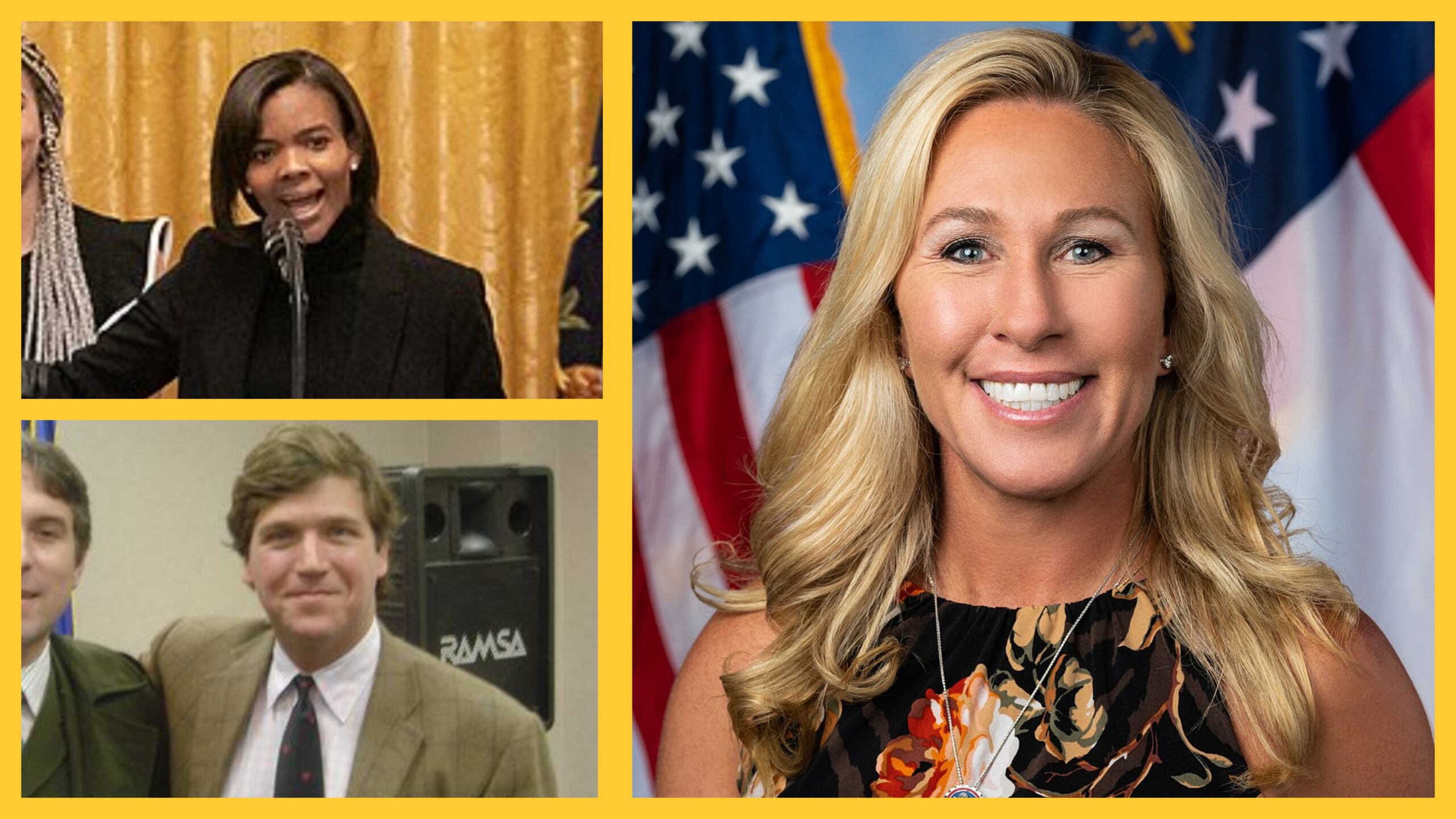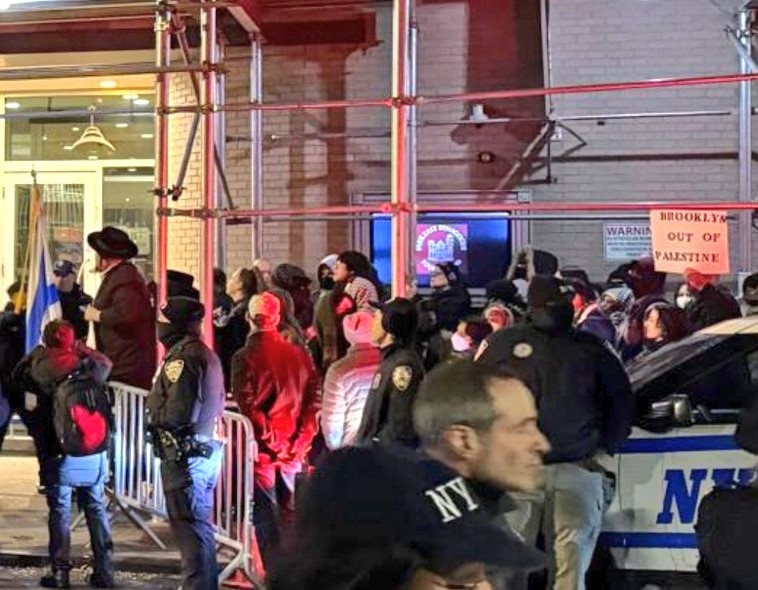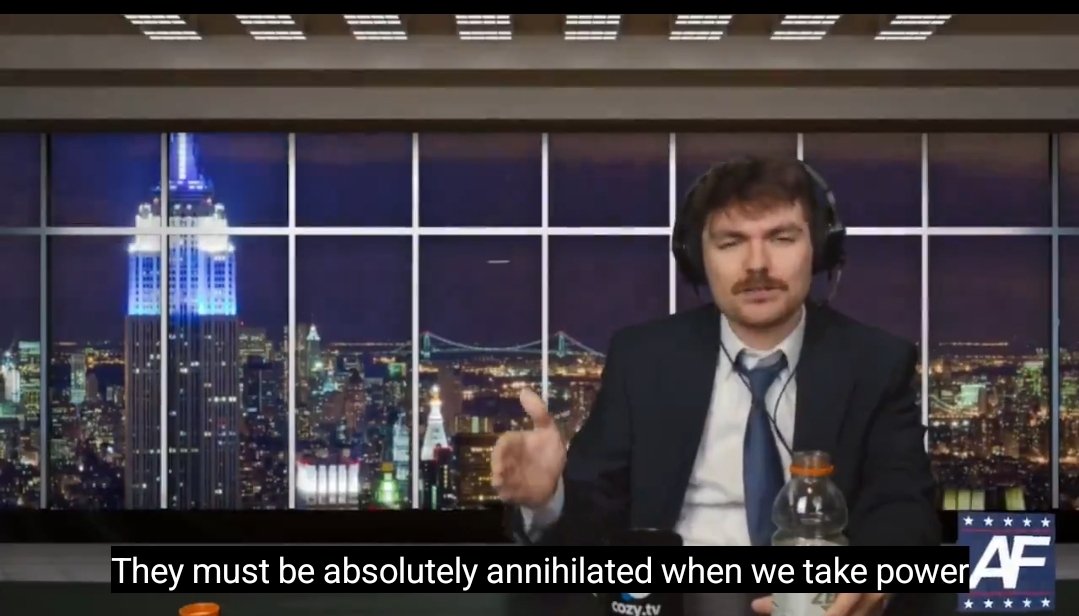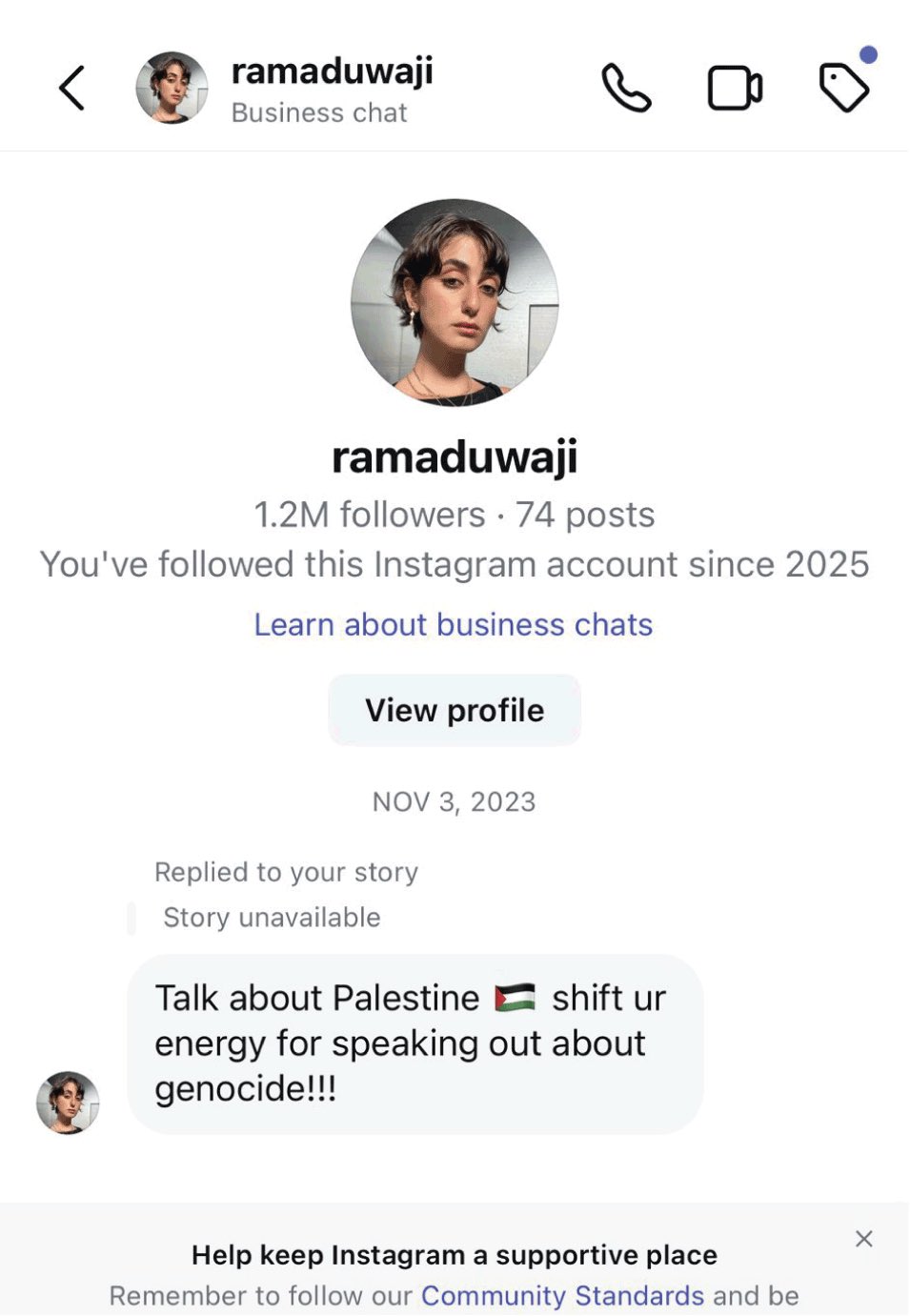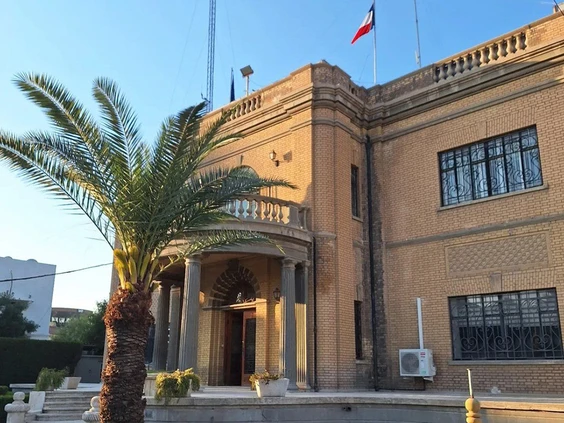By Danielle Arfin
Antisemitism in America is too often framed as a problem rooted in progressive spaces or campus activism. But in recent months, Jewish leaders and watchdog groups have sounded the alarm over high-profile conservative figures, some aligned with mainstream politics, promoting rhetoric that echoes historic antisemitic tropes and conspiracy theories.
In April 2025, a historic synagogue in Tucson, Arizona, was defaced with antisemitic graffiti. Spray-painted slogans such as “End Apartheid” and “Abolish Israel” were found beneath a Star of David, leaving local rabbis and congregants deeply shaken. “It made the prayer very different following that,” said Associate Rabbi Yehuda Ceitlin in an interview with KOLD News.
Although no longer on Fox News, Tucker Carlson continues to wield influence through his podcast and speaking engagements. In early 2025, he reiterated support for the white supremacist “Great Replacement” conspiracy theory, warning of a “Western cultural collapse orchestrated by global elites.” While Carlson did not explicitly name Jews, the Anti-Defamation League (ADL) has long documented the theory’s antisemitic roots, including its assertion that Jewish elites are behind mass immigration to weaken Western nations.
Candace Owens, who has continued to expand her platform online, drew new criticism in February 2025 after dismissing Jewish concerns as “overly sensitive” during a livestream. Owens suggested that organizations tracking antisemitism were “weaponizing” it to stifle political dissent, echoing a pattern of rhetoric that many Jewish leaders see as dangerously dismissive. Owens previously defended Kanye West amid his antisemitic tirades and has made controversial remarks about Hitler that drew condemnation in 2019.
In April 2025, Rep. Marjorie Taylor Greene once again drew backlash after tweeting that President Biden’s foreign policy made him “no different from those who enabled Hitler.” The inflammatory comment sparked condemnation from Jewish advocacy groups, who called it a distortion of Holocaust history. Greene has a long history of invoking antisemitic tropes, including the “Jewish space lasers” conspiracy theory and comparisons between COVID-era health guidelines and Nazi Germany.
These incidents are not isolated. They reflect a broader pattern in which antisemitism is reframed as anti-elitism or nationalist populism. “It’s not about slurs anymore,” said an ADL representative in response to Carlson’s remarks. “It’s about framing Jews as the hidden hand, the elites, the manipulators. That’s what makes it more dangerous; it sounds reasonable until it becomes violent.”
According to the ADL’s 2023 Audit, the U.S. recorded 8,873 antisemitic incidents – the highest number in its reporting history, marking a 140% increase from the previous year. Early projections for 2024 and 2025 indicate a further rise, particularly in the months following the October 7 Hamas massacre, which sparked global unrest and became a flashpoint for conspiratorial claims from both extremes of the political spectrum.
In January 2025, a neo-Nazi group attempted to march through a Jewish neighborhood in Florida, citing inspiration from statements by right-wing political figures. Police blocked the march, but Jewish residents said the fact that such efforts are being organized at all speaks volumes.
A May 2025 congressional hearing spotlighted the political tensions, as House Republicans grilled college leaders over antisemitism on campuses while continuing to court far-right support in their party ranks. The 2025 Homeland Threat Assessment from DHS named white supremacist and ethnically motivated violent extremism as the country’s top domestic terror threat, with Jewish institutions remaining a frequent target.
Jewish advocates are calling for bipartisan accountability. “Antisemitism knows no political boundaries. It’s not a left or right issue, it’s an ancient hate that finds new ways to adapt,” said Jonathan Greenblatt, CEO of the ADL.
As visibility into antisemitic tropes grows, silence becomes a statement. From the halls of Congress to online platforms, Jewish communities are watching closely. When rhetoric veers into conspiracy or mockery of Jewish trauma, it erodes the moral fabric of public discourse and fuels real-world harm.

